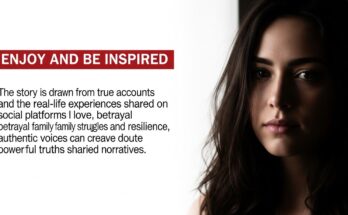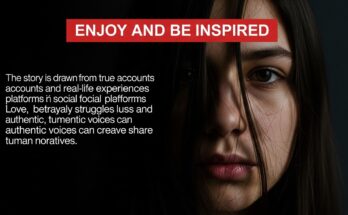In 2002, he nearly forgot the date of his 20-year school reunion—life had swept him up, as it does. But one classmate didn’t let it slide. She arrived early and launched into a tirade: “How could you forget? You always forgot everything in school—pens, notebooks! You were supposed to print the invitations, find everyone’s addresses, organize the whole thing!” And just like that, she crowned him the reluctant host.
Thankfully, his wife—also a former classmate—was more amused than annoyed. When he got home and shared the drama, she simply said, “Let’s find our people.” They reached out to old friends, and though less than half of their once-close class showed up, it didn’t matter. The ones who came brought all the warmth they needed.
They headed to the countryside, where the real reunion began. They swam in the lake, sang around the campfire—sometimes with a guitar, sometimes without—danced barefoot in the grass, and laughed like teenagers again. The only person who didn’t quite fit the mood was the same classmate from earlier, reciting moralizing poems with a stiff posture and a serious face.
The next day, they gathered again, this time at a cozy venue with a live jazz band. The music was smooth, the drinks were cold, and the joy was effortless. They took photos, captured memories, and posted them online. That’s when the complaints started—from those who hadn’t come.
Suddenly, inboxes filled with regretful messages: “You should’ve tried harder to invite us!” “We could’ve postponed our vacation!” “We would’ve delayed buying the dog!” The excuses were creative, but the sentiment was the same—they felt left out. And yet, he couldn’t help but wonder: were they really expecting to be begged?
In the end, he didn’t regret a thing. The reunion wasn’t about numbers or perfection—it was about presence. The ones who showed up made it unforgettable. And the ones who didn’t? Well, maybe next time they’ll remember that joy doesn’t wait for perfect timing—it shows up when you do.


